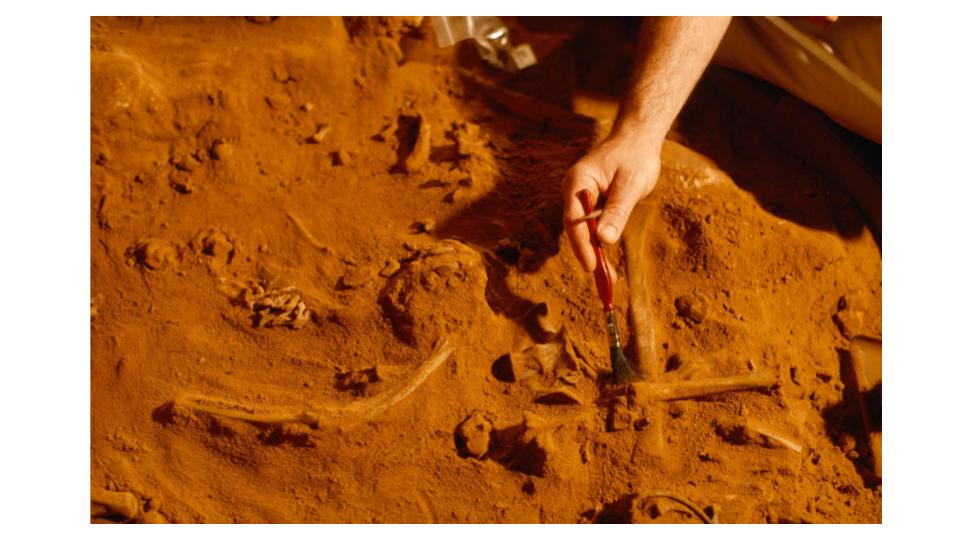A groundbreaking study from the University of Edinburgh has unveiled a new timeline of early animal fossils, suggesting a significant relationship between sea level fluctuations, marine oxygen variations, and the emergence of the earliest ancestors of present-day animals.
The research, focusing on the Ediacaran-Cambrian interval (580-510 million years ago), provides fresh insights into the processes driving the development of Earth’s earliest creatures. This period, long known for its explosion of biodiversity, has puzzled scientists since the time of Charles Darwin.
Dr. Fred Bowyer from the University’s School of Geosciences led the team in compiling data from various sources, including radioactive dating and geochemical information. By mapping major fossil finds and environmental datasets onto a single timeline, the researchers were able to study biodiversity trends with unprecedented detail.
The study confirmed a link between major global sea level changes, increased oxygenation in shallow marine environments, and the appearance and diversification of early animal groups. This dynamic set the stage for several significant bursts in biological diversity, known as the Avalon, White Sea, and Cambrian assemblages.
Dr Fred Bowyer said, “Constructing a timescale of early animal evolution using the rock record is a daunting task, only made possible through international and interdisciplinary research. But an integrated global approach is crucial. It exposes biases in our records, while also revealing patterns in fossil appearances, sea level cycles, and environmental oxygen.”
The research also highlighted the transition from predominantly single-cell organisms to more complex, multi-celled creatures during the Ediacaran Period. This era marked the emergence of bilaterian animals, which display symmetrical body plans similar to most present-day species, including humans.
Mariana Yilales Agelvis, a PhD student and co-author of the study, emphasized the importance of the findings, said: “Knowing what drives biodiversity is a fundamental piece of knowledge in the puzzle of life. I feel very privileged to have built upon decades of interdisciplinary global research, and contributed to a better understanding of the role that sea level plays in early animal evolution.”
The team also identified gaps in the fossil record, suggesting that current knowledge about early animals may be biased by the clusters of sites worldwide where fossils have been found and studied.
(Inputs from ANI)




















